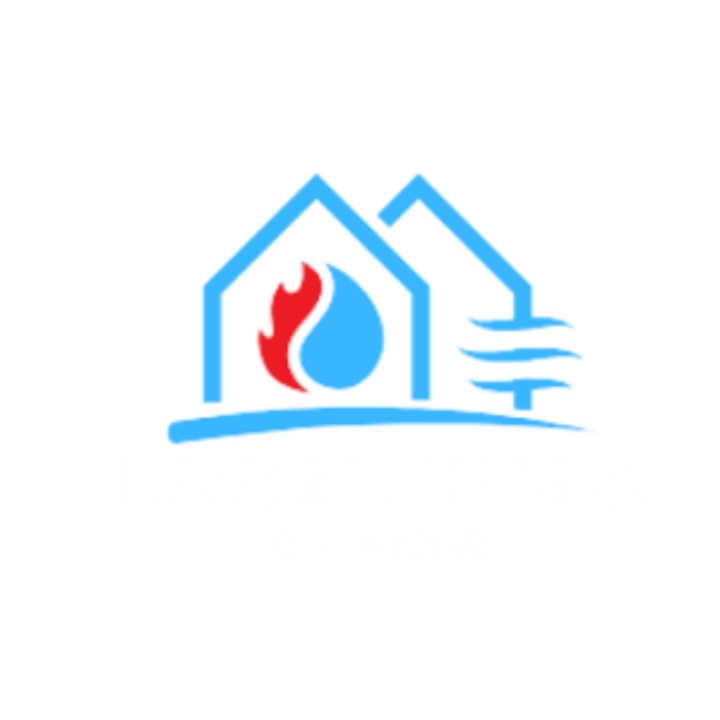When living in a home, having a comfortable temperature is important. This comfort comes from your heating, ventilation, and air conditioning, or HVAC, system. Keeping this system working well means understanding when and why you might need Residential HVAC Repair. These systems are complex, and sometimes they need a little help to keep your home just right.
What is Residential HVAC?
HVAC stands for Heating, Ventilation, and Air Conditioning. This system is responsible for controlling the temperature and air quality inside your home. It includes several key parts:
- A furnace or heater for warmth.
- An air conditioner for cooling.
- Ducts that carry air throughout the house.
- Thermostats that set the temperature.
- Filters that clean the air.
Each part works together to make sure your home’s air is comfortable and clean. When any part of this system stops working right, Residential HVAC Repair may be needed.
Common Issues Requiring Residential HVAC Repair
Many different problems can cause an HVAC system to stop working correctly. Knowing some of the common signs can help you understand when to seek help.
Air Conditioning Problems
- Not cooling enough: The air coming from the vents might not be as cold as it should be. This could be due to low refrigerant levels or issues with the compressor.
- Strange noises: Rattling, hissing, or grinding sounds can mean that parts are loose or worn out.
- Leaking water: Puddles near the unit often point to a clogged drain line or other internal problems.
Heating System Problems
- No heat: The furnace might not turn on, or it might blow cold air. This could be a pilot light issue, a faulty igniter, or problems with the thermostat.
- Uneven heating: Some rooms may be warm while others stay cold. This can happen if ducts are blocked or the system is not sized correctly for the home.
- Burning smell: While a slight smell is normal when a furnace first turns on, a strong or lasting burning smell can mean dust buildup or an electrical problem.
General HVAC Issues
- High energy bills: If your energy use suddenly goes up without a change in how much you use your system, it might be working harder than it should.
- Poor airflow: Weak air coming from the vents can be caused by dirty filters, blocked ducts, or a problem with the fan.
- Thermostat not working: The thermostat might not be reading the temperature correctly or sending the right signals to the HVAC unit.
These issues often require prompt Residential HVAC Repair to prevent bigger problems or discomfort.
The Importance of Professional Residential HVAC Repair
Attempting to fix HVAC problems without proper training can be dangerous and may lead to more damage. Professional technicians are trained to safely diagnose and fix issues. They have the right tools and knowledge to handle complex electrical and mechanical parts. Getting professional help ensures that repairs are done correctly, keeping your system safe and efficient. It also often comes with guarantees on the work performed.
Preventing Future HVAC Problems
While some repairs are unexpected, many can be avoided with regular care.
- Change air filters: Filters should be changed every one to three months. A dirty filter blocks airflow and makes the system work harder.
- Schedule regular maintenance: Have a professional inspect your system once a year. This check-up can catch small issues before they become major Residential HVAC Repair needs.
- Keep outdoor units clear: Make sure the outdoor air conditioning unit is free from leaves, dirt, and other debris. Good airflow around the unit is important.
- Check the thermostat: Ensure your thermostat is set correctly and is working properly. Sometimes, a simple battery change is all that is needed.
Choosing a Residential HVAC Repair Service
When your home’s comfort depends on a working HVAC system, choosing the right repair service is key. Look for a company that has:
- Experienced technicians: They should have proper training and certifications.
- Good reviews: Check what other homeowners say about their service.
- Clear pricing: Costs for Residential HVAC Repair should be explained upfront.
- Emergency services: HVAC problems can happen at any time, so a company that offers help outside of normal business hours is valuable.
By taking these steps, you can help ensure your home stays comfortable year-round.


